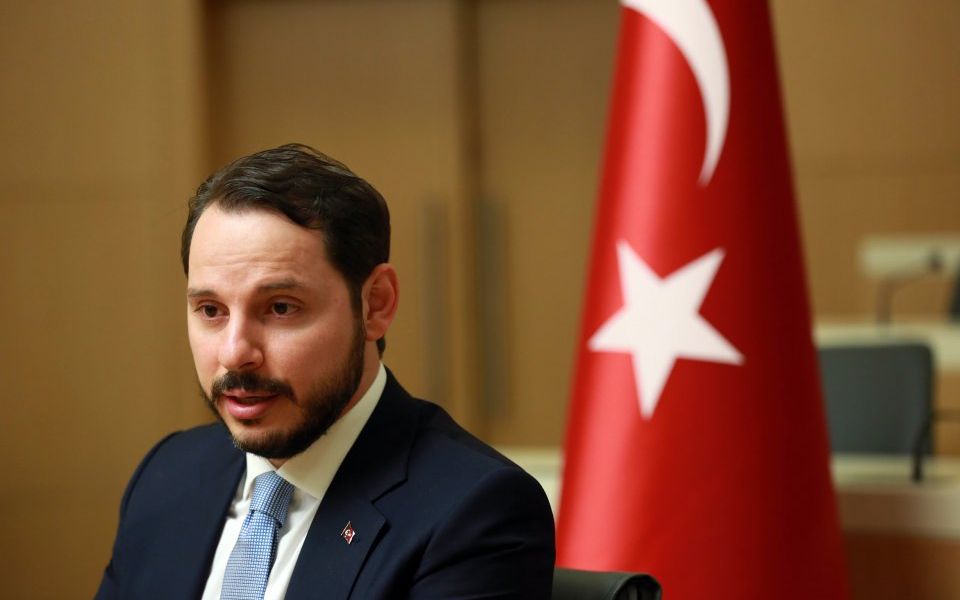Turkish lira falls as investors focus on lack of progress in US dispute after holiday week

The Turkish lira suffered a further steep sell-off today as the embattled nation returned from a week-long national holiday to a currency crisis showing little sign of improvement.
The currency fell by nearly five per cent in earlier trade against the US dollar, before firming to a daily loss of just over 2.3 per cent at the time of writing, after the Muslim festival of Eid al-Adha ended.
The lira tumbled at the start of August as investors stampeded to dump Turkish assets amid fears the central bank had become a tool of President Recep Tayyip Erdogan and a diplomatic spat with the US, an erstwhile ally.
Read more: Turkish President Erdogan has no one to blame but himself
The Turkish government has shown little sign of settling the dispute over American pastor Andrew Brunson, who is being tried on terrorism charges.
Turkish finance minister Berat Albayrak today said the politically motivated US risks encouraging regional terrorism and worsening the refugee crisis, according to remarks reported by Reuters at a press conference in Paris.
One dollar bought as many as 7.2 lira at the currency's nadir at the middle of the month, after buying less than four at the start of the year. The slump is expected to prompt a steep increase in inflation, which is already approaching 16 per cent annually, as lira-denominated import prices rise.
The lira is still vulnerable to "the same structural concerns that terrified traders" at the start of the month, according to Jameel Ahmad, global head of currency strategy at forex trading firm FXTM.
He said: "Fears over an over-heating economy, widening current account deficit, a conflict in central bank independence and an imminent jump in inflationary pressures are enough to keep investors away from buying the lira."
Economists say Turkey will be forced into painful interest rate rises if it wishes to stop inflation running out of control. However, the increasingly authoritarian Erdogan has previously expressed a strong aversion to a higher cost of borrowing because of its negative effects on economic growth.
Read more: Turkish president Erdogan rails against US tariffs in media offensive